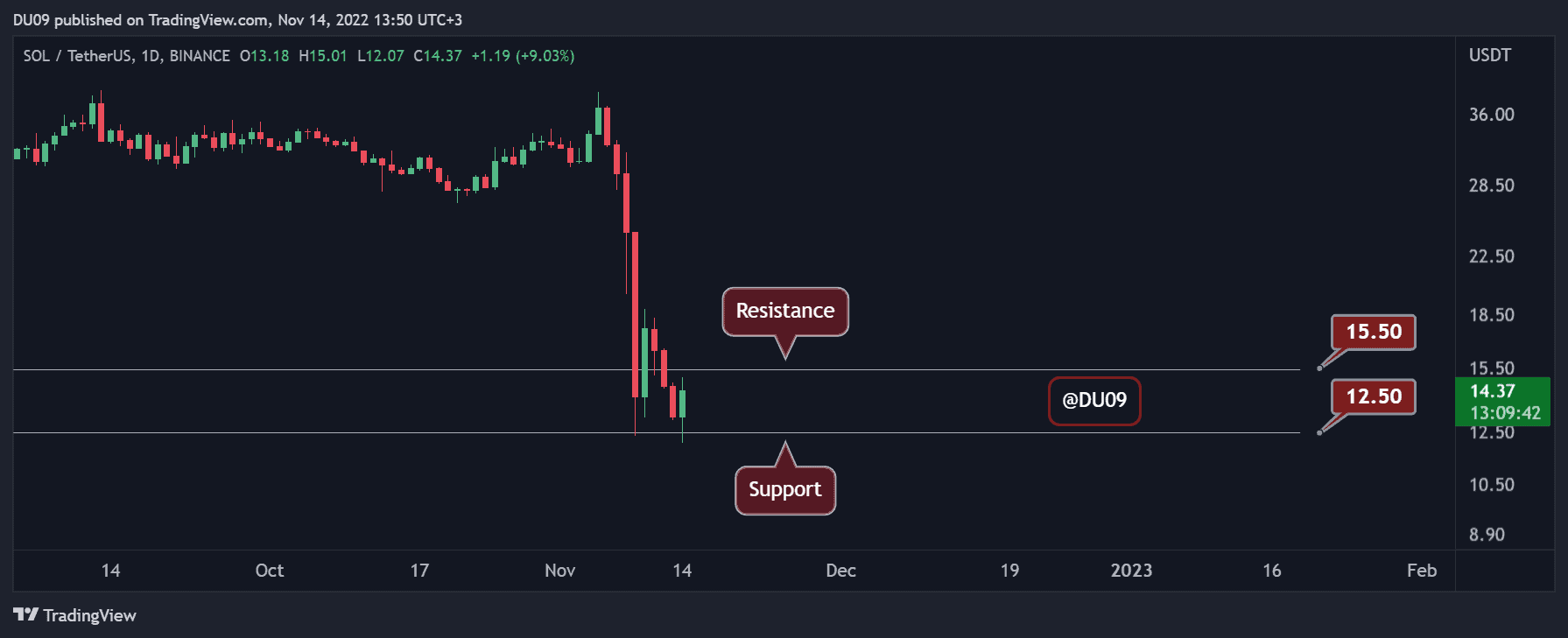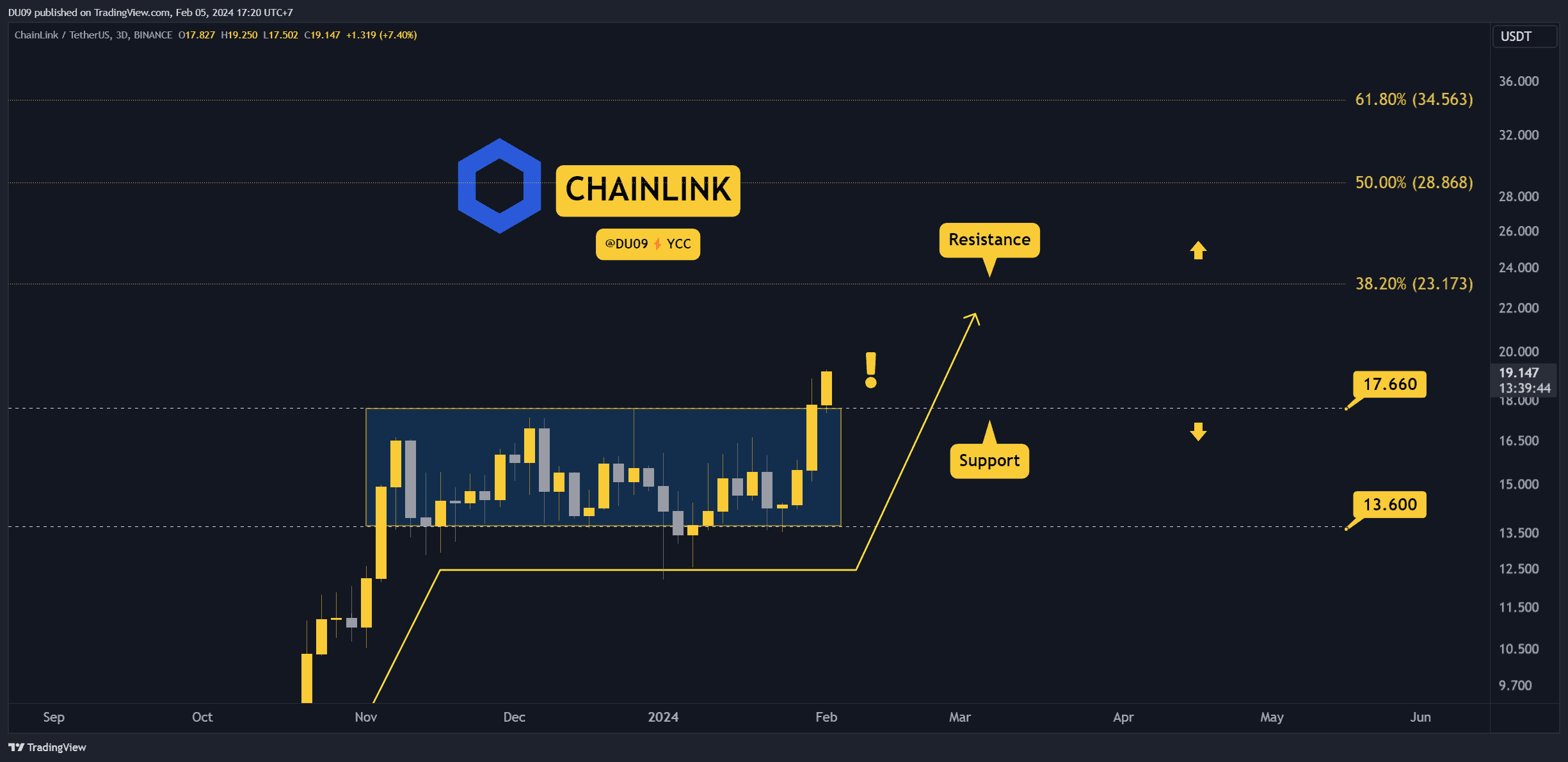Coinbase Held No Exposure to 3AC, Voyager, or Celsius
Coinbase – the most popular crypto exchange in the US – says it held no exposure to now bankrupt crypto lending firms including Celsius, Voyager, and Three Arrows Capital. The company also detailed how it manages risk differently compared to these firms, arguing that its unlikely to mimic any similar liquidity crises.
What Coinbase Does Differently
As explained on Coinbase’s blog on Wednesday, the exchange had “no financing exposure” to any of the aforementioned firms. It also did not engage in any of the “risky lending practices” that led to the downfall of each firm, reaffirming that customers’ assets are held 1:1.
According to Coinbase, the collective collapse of such lending companies was “foreseeable” given their overleveraged short-term liabilities against “longer duration illiquid assets.” Galaxy Digital CEO Mike Novogratz made a similar criticism on Tuesday, calling the industry’s recent risk-management practices “inane.”
“We believe these market participants were caught up in the frenzy of a crypto bull market and forgot the basics of risk management, said Coinbase. “Unhedged bets, huge investments in the Terra ecosystem, and massive leverage provided to and deployed by 3AC meant that risk was too high and too concentrated.”
Regarding Terra, Coinbase admitted that its venture program made non-material investments in its primary developer Terraform Labs. However, the company maintains a record of no loss from its financing book, exposure to counterparty insolvency, gating for client withdrawals, or changes in credit access for trading clients.
The firm included a list of principles it follows when managing counterparty credit risk. These include stress testing their exposures across Monte Carlo simulations – probability models used to predict certain outcomes when random variables enter the picture.
Overall, the exchange supports anticipating “internal deficiencies” and “external surprises”, and aiming for “base hits” over “home runs.”
“Ultimately, it may still take time for the broader industry to learn the right lessons from the systemic deficiencies we have seen,” concluded the blog.
Recovery on the Horizon?
Market sentiment has begun to reverse over the past week as both Bitcoin and Ethereum break above price points not seen since early June.
New data from Glassnode suggests that Bitcoin may have formed its cyclical bottom around $20,000 as holders enter “accumulation mode.” The asset has now broken back above its realized price of $22,000 – a point that has historically marked price bottoms.









